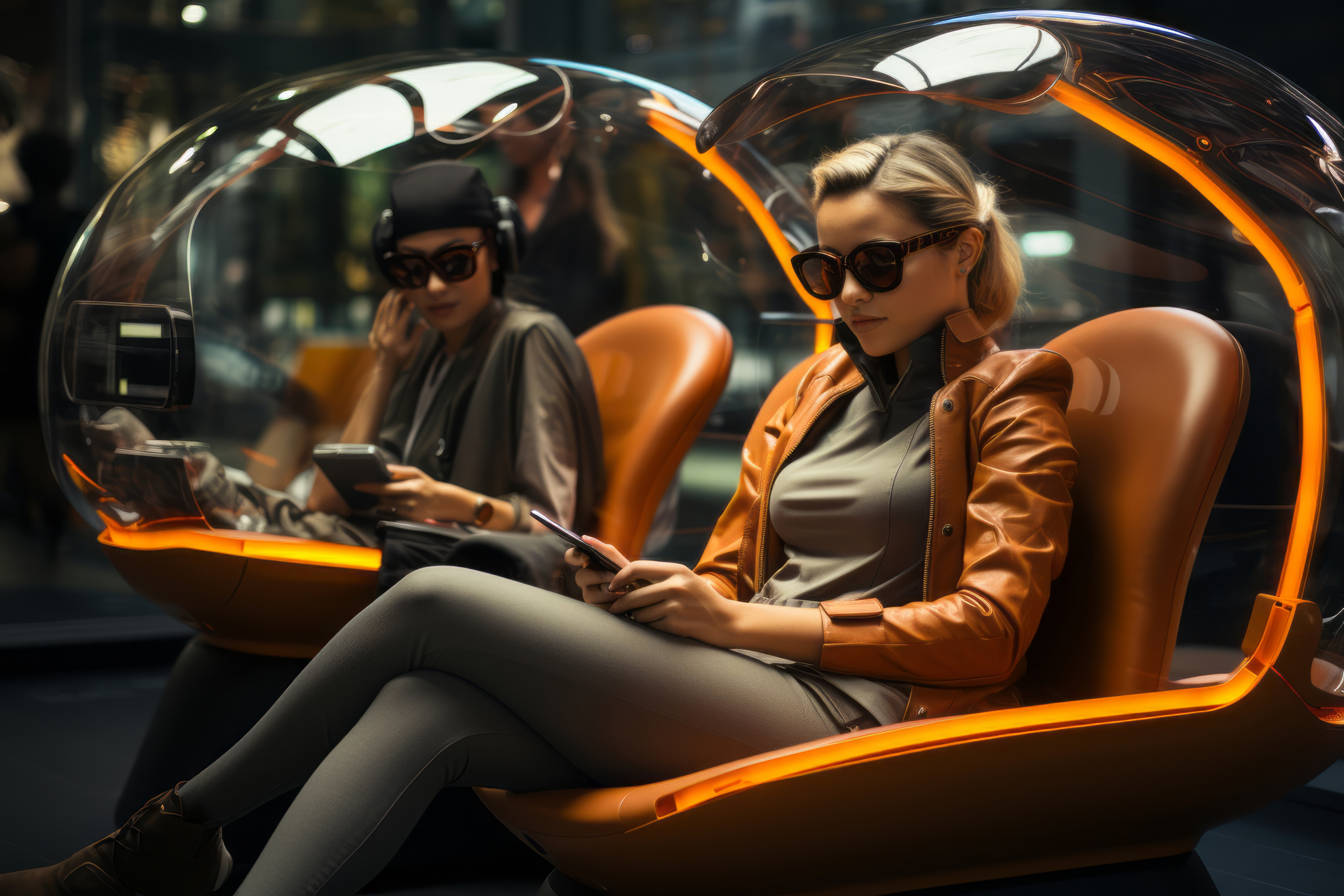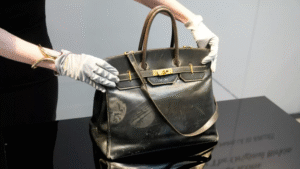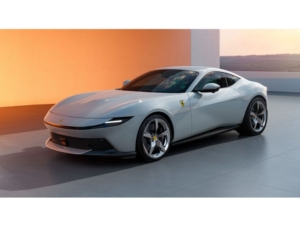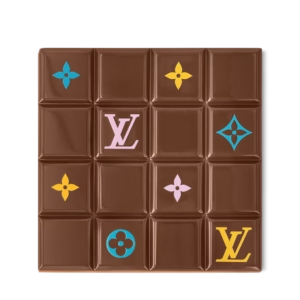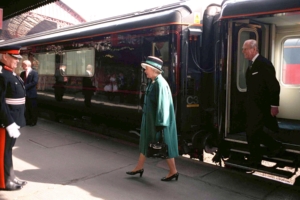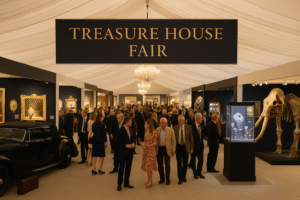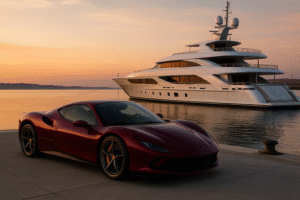As 2025 approaches, the luxury sector stands on the brink of transformation, with brands reimagining the essence of exclusivity, craftsmanship, and innovation. Driven by a new generation of luxury consumers and advancing technologies, the industry’s evolution reflects a fusion of tradition and forward-thinking. Here’s a look at the trends and developments likely to shape the luxury landscape in 2025.
1. Hyper-Personalization and Customization
The desire for uniquely tailored luxury experiences has never been stronger. In 2025, luxury brands are expected to lean heavily into hyper-personalization, offering customers a deeply customized experience that reflects their individual tastes, values, and lifestyles. From bespoke fragrances crafted using AI-analyzed scent profiles to haute couture collections with interactive, adjustable designs, personalization will redefine the concept of luxury. The aim is to create pieces that are not only unique but also meaningful, adding an intimate, exclusive connection between brand and consumer.
2. The Integration of AI and Digital Experiences
Luxury brands are on the cutting edge of digital transformation, leveraging artificial intelligence to enhance and personalize the shopping experience. In 2025, AI-powered digital stylists and virtual shopping assistants will help customers curate and preview looks tailored to their exact tastes, even in virtual dressing rooms. Moreover, AI will support sustainable production by analyzing customer data to better predict demand, reducing overproduction and waste—an appealing aspect for eco-conscious luxury buyers.
3. Sustainable Innovation: Luxury with a Conscience
Luxury consumers are increasingly demanding sustainability without compromising quality. In 2025, leading brands are embracing responsible luxury with low-impact materials, regenerative agriculture practices, and zero-waste manufacturing. Innovations like lab-grown diamonds and bio-fabricated leather are becoming mainstream, appealing to consumers who want elegance without environmental compromise. Circular luxury models, like high-end rental, resale, and upcycling programs, are gaining traction as well, enabling consumers to invest in quality pieces while supporting the longevity and life cycle of luxury items.
4. Ultra-Luxury Wellness Retreats and Experiences
Luxury travel is transforming to meet the growing demand for wellness-focused escapes. As mental well-being and physical health take precedence, exclusive wellness destinations—featuring bespoke wellness programs, immersive nature experiences, and therapies guided by top experts—are expected to thrive in 2025. These ultra-luxury retreats go beyond the traditional spa and embrace holistic health through mindfulness, sustainable living, and experiences tailored to individual wellness goals.
5. NFTs and Digital Ownership in the Luxury Space
Non-fungible tokens (NFTs) are expected to create a lasting impact on the luxury sector in 2025. While NFTs initially found success in art and collectibles, luxury brands are now using blockchain technology to create digital certificates of authenticity and provenance, enhancing trust and value. These tokens allow collectors to verify ownership and rarity while adding a new layer of security and prestige. Digital fashion items and accessories, exclusively wearable in the metaverse, offer another avenue for luxury expression and collection in the digital realm.
6. Luxury Metaverse Experiences
With the rapid rise of virtual worlds, luxury brands are making headway in the metaverse, creating virtual flagship stores, immersive brand experiences, and even exclusive digital fashion shows. In 2025, we’re likely to see more luxury spaces in the metaverse, where clients can browse digital collections, engage in virtual social events, or explore brand history and craftsmanship in innovative ways. By bridging physical and digital realms, luxury brands are creating aspirational experiences for both traditional buyers and a new tech-savvy, younger audience.
7. Localized Luxury with a Global Reach
The luxury market in 2025 will likely see a focus on regional and cultural exclusivity. Brands are recognizing the importance of appealing to local tastes, incorporating region-specific craftsmanship, designs, and heritage elements into their products. This hyper-localized approach allows brands to cater to global consumers in unique ways, celebrating cultural diversity while maintaining a strong global presence. High-end goods created by local artisans and infused with cultural relevance are on the rise, offering an authentic appeal to discerning buyers who value individuality over ubiquity.
Looking Ahead
As we move into 2025, the luxury industry will likely continue adapting to a world where authenticity, digital integration, and sustainability reign supreme. From digital realms and immersive wellness retreats to personalized experiences and eco-friendly practices, the future of luxury promises a dynamic and exciting evolution. Brands that can combine innovation with timeless elegance will not only thrive but set the stage for the luxury sector’s new era—one that’s both deeply personal and universally inspiring.


